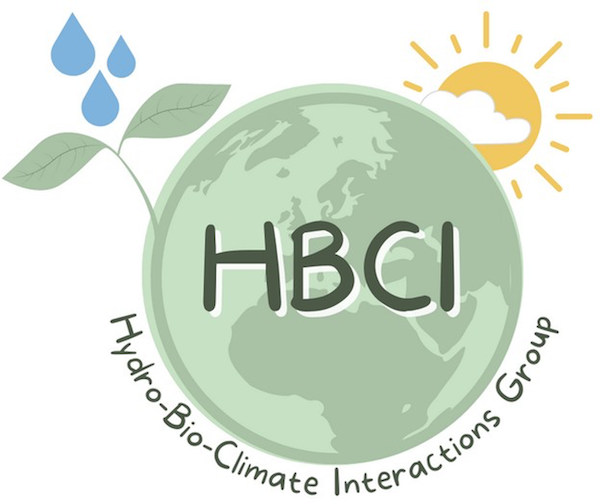PhD project offered by the IMPRS-gBGC in Jan 2023
Does climate change accelerate the terrestrial water cycle? |
|
René Orth
,
Anke Hildebrandt
,
Anne Hoek van Dijke
,
Markus Reichstein
|
Project summaryThe terrestrial water cycle describes the water fluxes within and in between the atmosphere and land surface, such as precipitation, evaporation, and runoff. Global change is affecting the water cycle in several ways: warmer temperatures provide additional energy to enhance evaporation if moisture is available, and warmer air can hold more water which enables more or stronger precipitation. At the same time soil moisture, vegetation functioning, and atmospheric moisture transport are changing which affects the amount of water available for evaporation.It is the goal of this PhD project to investigate the effects of a warming climate and increasing atmospheric CO2 concentrations on the terrestrial water cycle to determine when and where the water cycle is accelerating or decelerating. This can include, but is not limited to, analyses of (a) trends in water fluxes, i.e. in the variabilites and means of precipitation, evaporation and streamflow for different time scales and different seasons, (b) trends in energy (temperature, radiation) vs. water (soil moisture) limitation of soil and interception evaporation and plant transpiration, (c) resulting trends in water storages, i.e. in soil moisture, groundwater and snow, (d) translation of the detected trends into changes in the occurrence of extreme events such as heavy precipitation, floods and droughts, and (e) the atmospheric moisture transport and in particular the changes in precipitation-to-evaporation and evaporation-to-precipitation recycling. These investigations will be done with observation-based eco-hydrological datasets and Earth system model simulations, and will include an identification of driving mechanisms of large-scale water cycle changes. The observation-based datasets can be used to validate the Earth system models. Then, the well-performing models can be used to study the sensitivity of the water cycle to different levels of global warming. Working group & planned collaborationsThe successful candidate will work within the Hydrology-Biosphere-Climate Interactions research group (www.bgc-jena.mpg.de/en/bgi/hbci). The group is embedded in the Department of Biogeochemical Integration at the Max Planck Institute for Biogeochemistry in Jena. The PhD student will collaborate with national and international partners, and attend workshops and conferences.RequirementsWe welcome applications from highly motivated and curious students from any country who have
 |